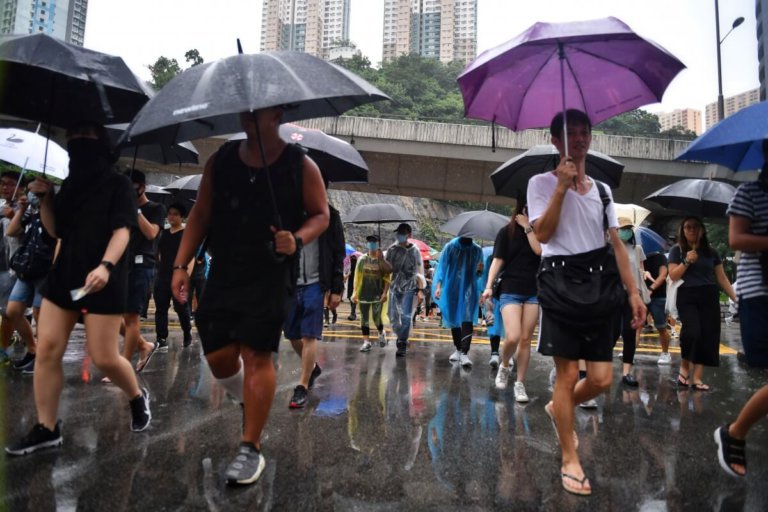
As the political unrest in Hong Kong continues to simmer, it’s not just travellers who are shying away from the financial hub, but also international students.
The Hong Kong protest began in March as a result of widespread opposition to a now suspended extradition bill that would have allowed Hong Kong-ers be sent to mainland China for trial in courts controlled by the Communist Party, reported Reuters.
It has since extended “into a broader pro-democracy movement”.
Hong Kong violence becoming more serious, but govt in control, says Lam https://t.co/vhTvCTfIN7 pic.twitter.com/XdqZihbn4r
— TODAY (@TODAYonline) August 27, 2019
The protest resulted in the temporary closure of the Hong Kong International Airport on August 12 – one of Asia’s busiest airports – out of safety concerns, while aviation experts estimate that Hong Kong suffered a US$76 million hit from flight cancellations, reported CNA.
The report added that the airport contributes some five percent to Hong Kong’s GDP while disruptions can negatively impact its economic growth for the year, which is already suffering from the ongoing US-China trade war.
Confidence in the special administrative region’s economy has also taken a nosedive, with the Hong Kong protest not just scaring tourists and businesses away, but also damaging its allure as a hub for companies eager to do business in China or the region.
Ensuring international students’ safety

The Hong Kong protest shows no signs of slowing down. Source: Lillian Suwanrumpha/AFP
Several countries have already issued travel warnings over Hong Kong’s ongoing protest, including the US, Australia, Japan and Singapore.
In a similar vein, some Singapore universities have cancelled exchange programmes to Hong Kong after the country’s Ministry of Foreign Affairs warned its citizens via an advisory to defer travel to the territory following pro-democracy demonstrations, reported Reuters.
The advisory said the Hong Kong protest has become unpredictable and could turn violent with little or no notice.
Meanwhile, Reuters added that the National University of Singapore (NUS), Nanyang Technological University (NTU) and Singapore Management University (SMU) have subsequently advised students that exchanges and trips to Hong Kong have been cancelled.
The South China Morning Post (SCMP) found that over 100 students from four universities (56 from NUS, 41 from NTU, 17 from SMU and eight from the Singapore University of Technology and Design) were expected to spend the first semester of the 2019/2020 academic year in Hong Kong.
“The universities said they were now helping students with insurance claims and refunds for their cancelled trips, and would help them enrol in courses for the current semester and identify other exchange programmes for the second semester,” it said.
“No other governments are known to have issued notices advising university staff and students to avoid the city for the time being, though students from other countries had also pulled out of exchange programmes, according to feedback from three of the eight publicly-funded universities in Hong Kong.”
Universities in Hong Kong are attractive options for mainland Chinese students, but the protest has sparked concerns about its attractiveness to future Chinese employers.
Speaking to SCMP, Leah Li, who enrolled in a master’s degree programme in finance at Hong Kong University (HKU), said the escalation of violence made her realise that Chinese employers may regard degrees from Hong Kong universities less favourably in future.
There are signs that Chinese students may be looking to study abroad elsewhere in countries such as Singapore, Australia and Britain.
Liked this? Then you’ll love…
How China mastered the art of academic censorship
The international student’s guide to the US-China trade war and how it impacts them







